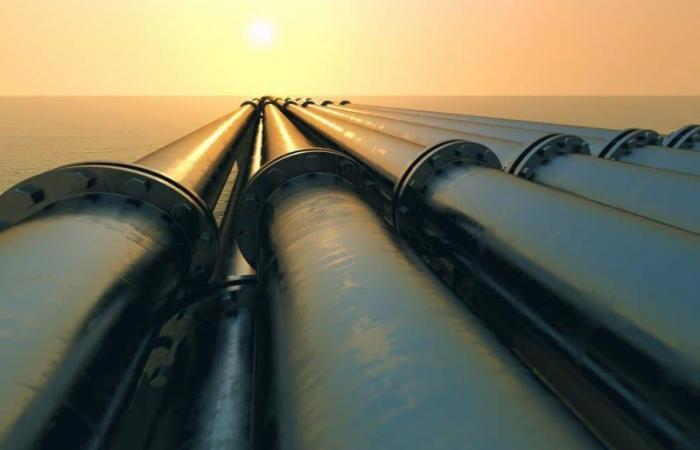The Nigeria-Morocco gas pipeline project, aimed at connecting Nigerian gas reserves to Moroccan infrastructure, is progressing and entering the phase of land acquisition necessary for its route. This development marks a strategic step forward for this 7,000 kilometer infrastructure, designed to secure energy supplies to West Africa and diversify sources of natural gas for European markets.
The implementation of the gas pipeline project linking Nigeria to Morocco, designed to secure energy supplies to West Africa and offer an alternative to European markets, has reached a decisive milestone. According to information relayed by Nigerian media citing the Nigerian National Petroleum Company Limited (NNPC), the project has entered the crucial phase of acquiring the land necessary for its route, an essential milestone to ensure the smooth progress of the works and establish the infrastructure in a secure manner.
A key step in a 7,000 kilometer project
Land acquisition is a major challenge in the construction of large-scale infrastructure, especially when the project crosses several countries, as is the case for this gas pipeline. This phase requires complex coordination with local communities, governments and landowners, as it also includes rehousing programs for affected populations. The NNPC, the main entity behind this progress, has already started consultations to ensure fair compensation and minimize the social impacts linked to this infrastructure.
The Nigeria-Morocco gas pipeline, nearly 7,000 kilometers long, aims to directly connect Nigerian gas reserves to Moroccan infrastructure. Crossing several ECOWAS member countries, it is part of a regional cooperation dynamic to provide natural gas to 13 coastal countries in West Africa, as well as landlocked countries such as Niger, Mali and Burkina Faso. Faso.
A project supported by many partners
Since its launch in 2016, the Nigeria-Morocco gas pipeline project, estimated at $25 billion, has benefited from the support of numerous international and regional partners. Funded by the Islamic Development Bank and other financial institutions, it is designed to promote industrialization and stimulate economic growth in the countries it passes through. The delivered natural gas will reduce energy costs and increase access to electricity for the millions of people living along its route.
Strategic infrastructure for Europe and Africa
The strategic interest of this gas pipeline for European countries is based on the possibility of diversifying their sources of gas supply. By connecting Nigerian gas to Moroccan and then European infrastructure, the project would allow Europe to reduce its dependence on gas imports from geopolitically sensitive regions. The land acquisition phase, a decisive step, is therefore a welcome step forward for the realization of this project which could transform the energy landscape of Africa and European markets.
A Model of Regional Cooperation
The recent measures taken by the NNPC as reported by the Nigerian media confirm the commitment of partners to move forward in a concerted manner, in coordination with local and regional authorities. In addition to its economic potential, this gas pipeline embodies a model of inter-African cooperation.






